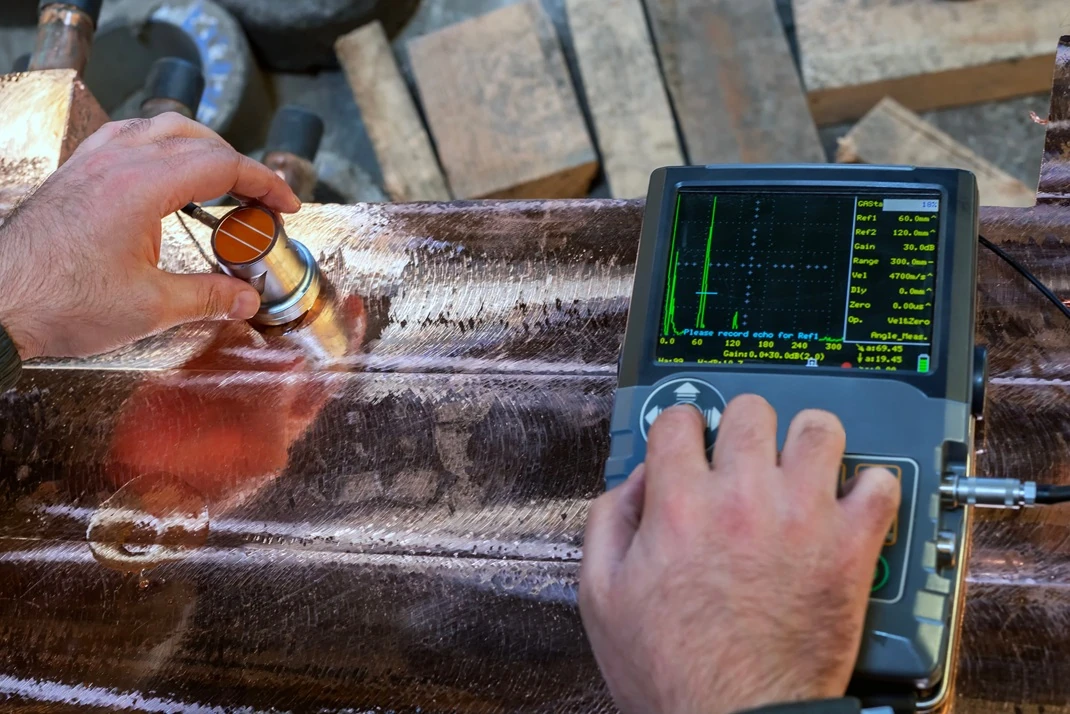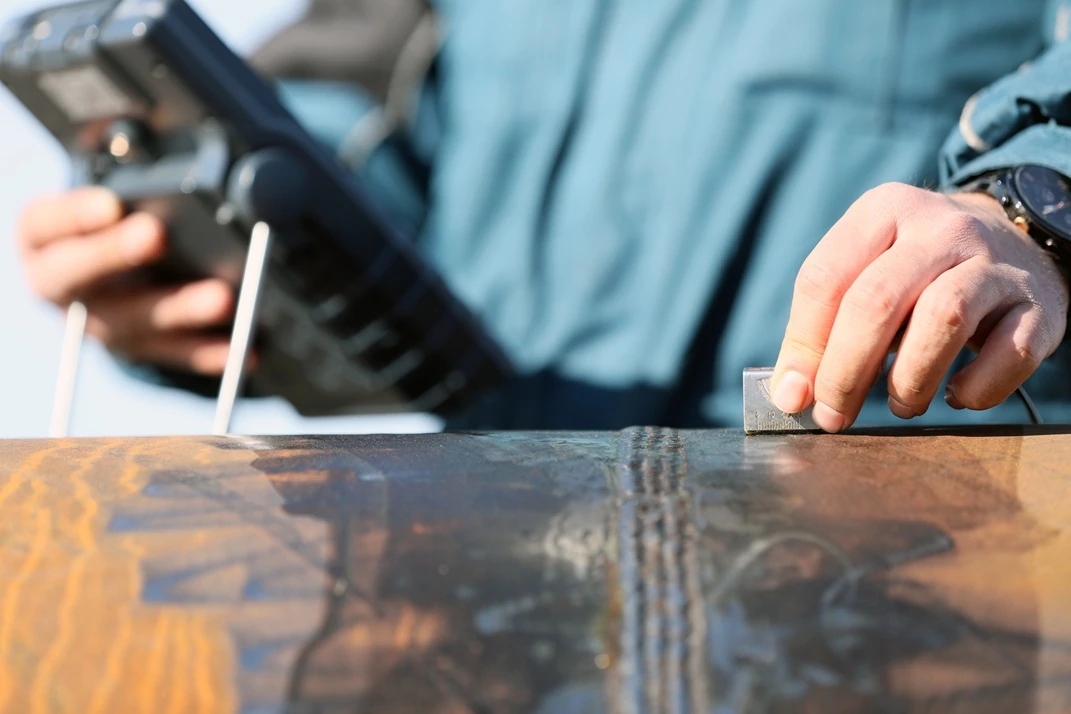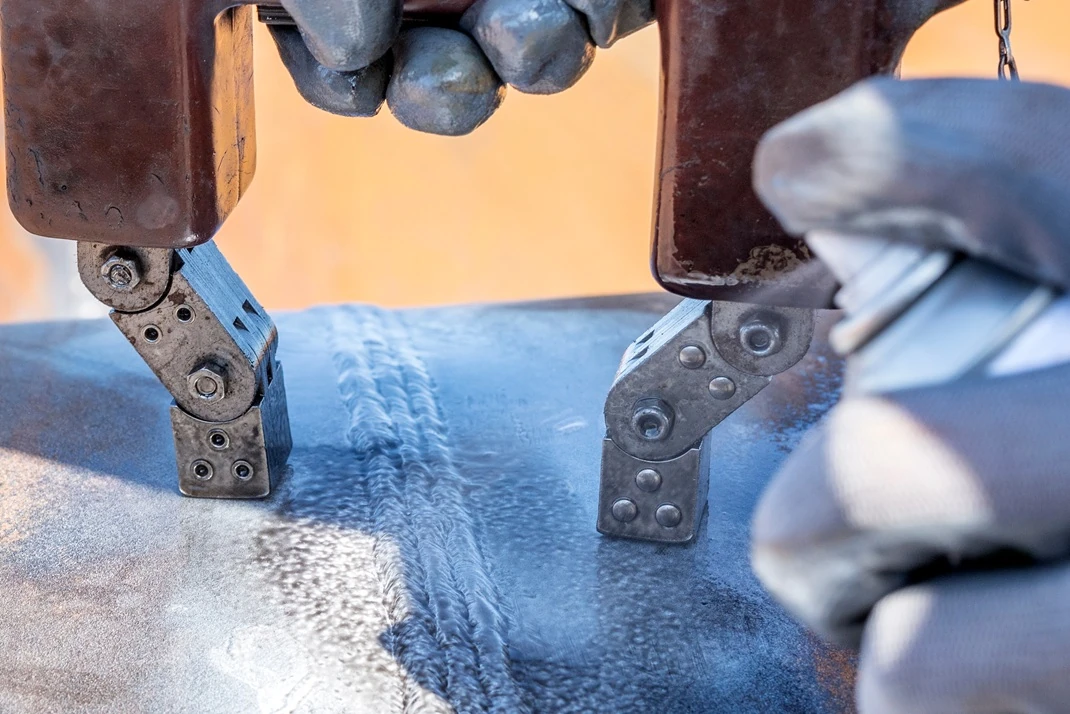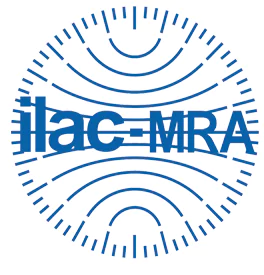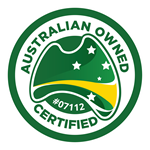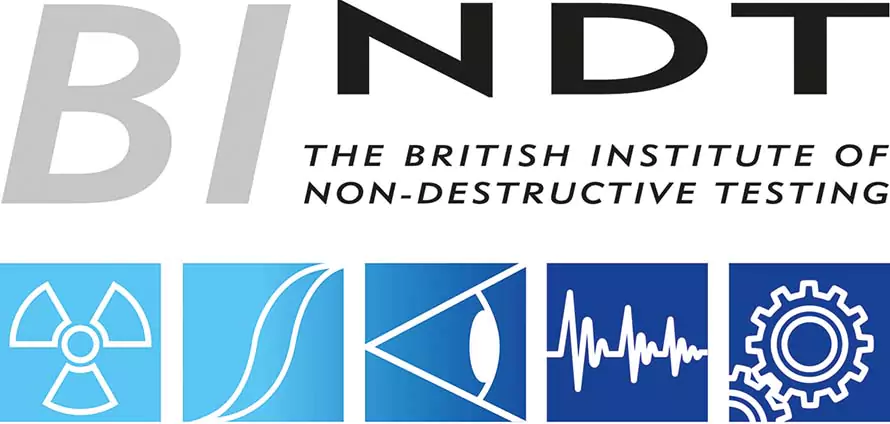About Apec Inspection
Your professional NDT testing and inspection provider.
APEC Inspection Pty Ltd is your trusted third-party Asset Integrity Inspection company based in Newcastle
NSW. We service the entire Taree and Mid North Coast region—including Taree, Forster, Tuncurry, Old Bar, Wingham, Harrington, Nabiac, Gloucester, Coopernook, Lansdowne, Manning Point, Cundletown, and all surrounding suburbs.
Non-destructive testing (NDT) is an engineering practice performed in a manner that does not affect the future usefulness of the object or material. These techniques can identify and assess defects and examine the properties of all kinds of materials and structures without causing any damage.
Our specialist technicians deliver
Hydrostatic Testing,
Magnetic Particle Inspection (MPI),
and
Storage Tank Inspection,
as well as Plant Inspection, Coating Inspections, Non-Destructive Testing (NDT), and more across industry, infrastructure, and utilities. With NATA accreditation and AINDT certified staff, we help Mid North Coast businesses extend asset life, avoid costly failures, and maintain regulatory compliance.
If your enquiry is urgent, please contact our expert team on (02) 4062 0305.
Our Technicians are qualified to ISO 9712 provided by the Australian Institute of Non-Destructive testing (AINDT). APEC Inspection Services is certified to ISO/IEC 17025:2017 (Testing and Calibration) by the National Association of Testing Authority (NATA) for the following Non-Destructive Testing Techniques:
Call to ask any question
(02) 4062 0305
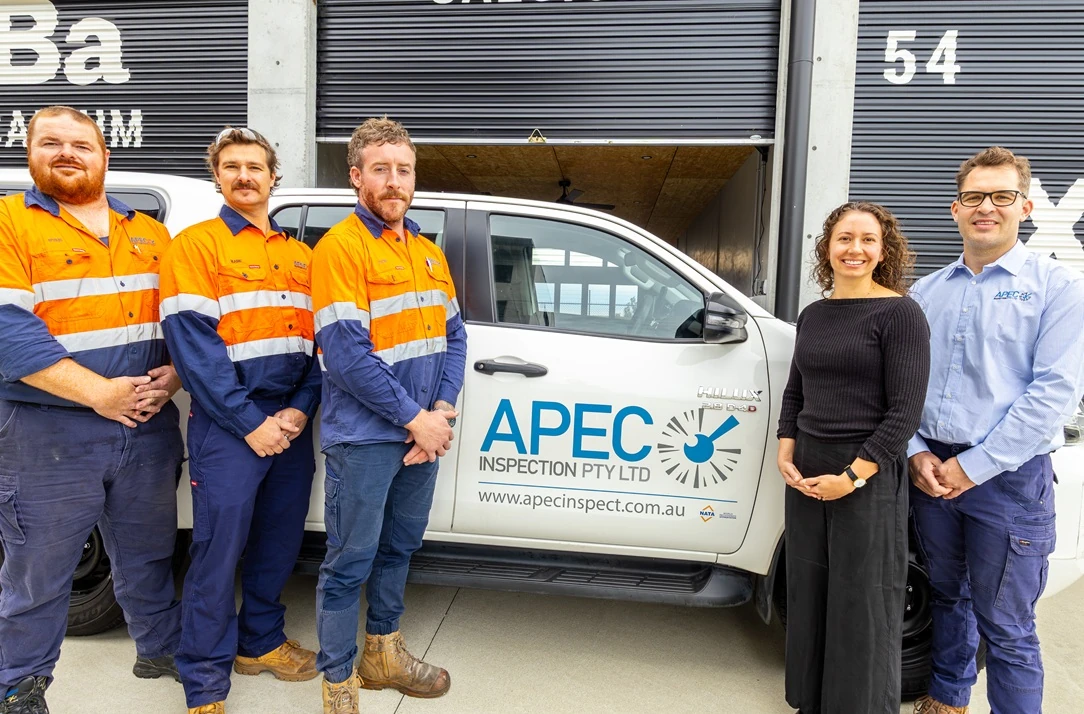
If You Have Any Query, Feel Free To Contact Us
Whether you’d like a fast quote, have a technical question, or want to schedule an assessment, the APEC team is ready to help.
Fill out the quick form below – or call us now for immediate assistance and peace of mind.
Our Popular Services
We are willing to back the quality of our testing and inspection services to give you peace of mind.
MAGNETIC PARTICLE INSPECTION
Magnetic Particle Inspection (MPI) is a non-destructive testing (NDT) process used for the detection of surface and shallow subsurface (near surface) defects and discontinuities in ferromagnetic materials."
Read moreULTRASONIC INSPECTION
Ultrasonic Inspection (UT) is a non-destructive testing method which uses high frequency sound energy to conduct sub-surface and surface examinations and make measurements. The ultrasonic vibrations pass through the material and are reflected by any imperfections or defects that are present.
Read moreHARDNESS TESTING
Apec Inspection Services offers advanced hardness testing solutions, a critical service in materials engineering and quality assurance. Hardness testing provides essential insights into a material's mechanical properties, helping industries ensure product reliability and performance across various applications. By employing precise testing methods, Apec Inspection Services enables clients to make informed decisions about material selection, processing techniques, and overall product quality.
Read more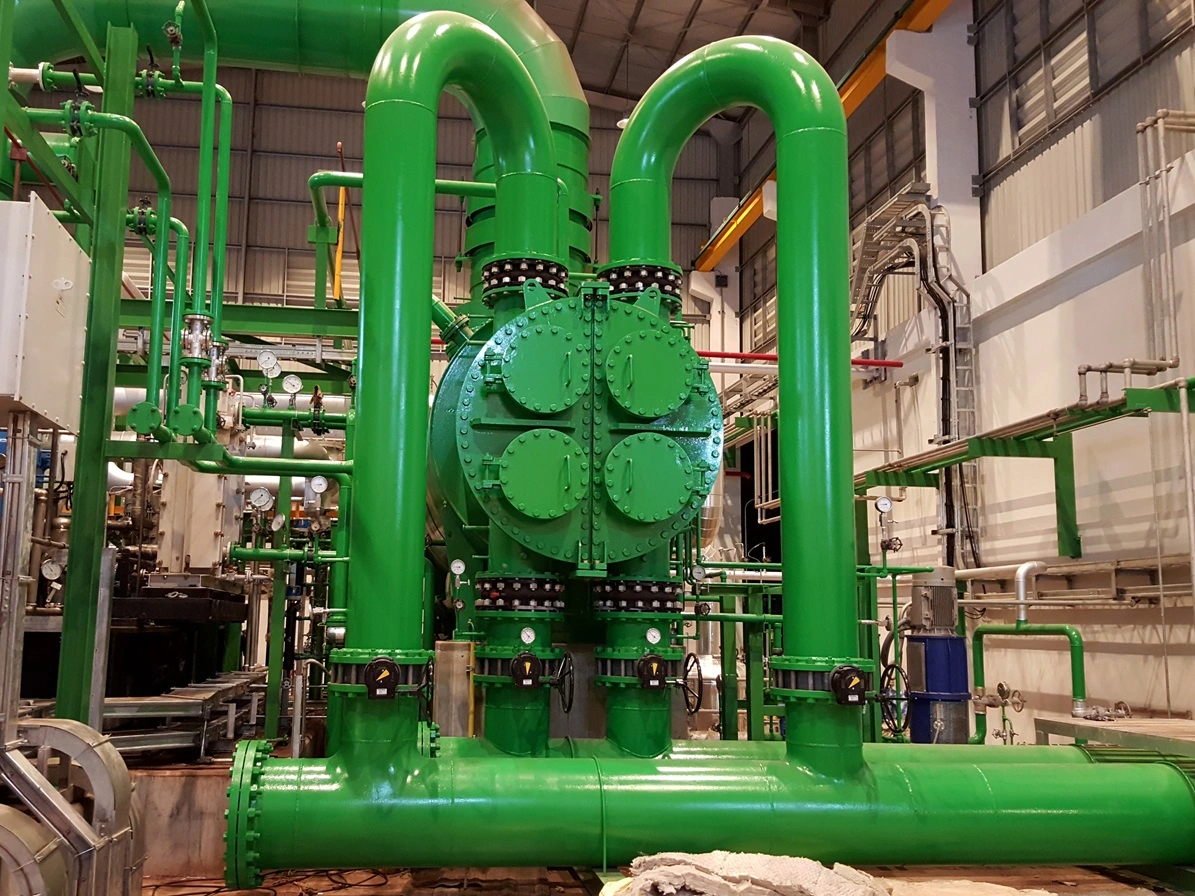
PRESSURE VESSEL INSPECTION
Pressure Vessel testing and inspection services are critical to the safety of the public and those in the workplace. For certain types of pressure vessels, it is mandatory to undertake regular inspections and maintain a plant registers, in accordance with standards including AS 3788 and AS 4343.
Read moreHYDROSTATIC TESTING
APEC Inspection offer hydrostatic testing, where vessels such as Boilers, Air Receivers and Pipe Spools require proof testing after manufacture, alteration or repair, and vacuum box testing, where a vacuum is created around the test vessel for quick identification of leaks.
Read morePHASED ARRAY ULTRASONIC TESTING
Phased Array Ultrasonic Testing (PAUT) technology has become the established method for advanced NDT testing applications. Phased Array Techniques allow the user to cover a wider volume of inspection; such as being able to cover the complete span of a weld or part without the need to move or reposition the transducer.
Read moreFrequently Asked Questions
Pressure Vessel, Weld & NDT Compliance – Central Coast, Taree & Mid North Coast NSW
© apecinspect.com.au. All Rights Reserved. Designed by Peritus Digital. Powered by LYFE AI

